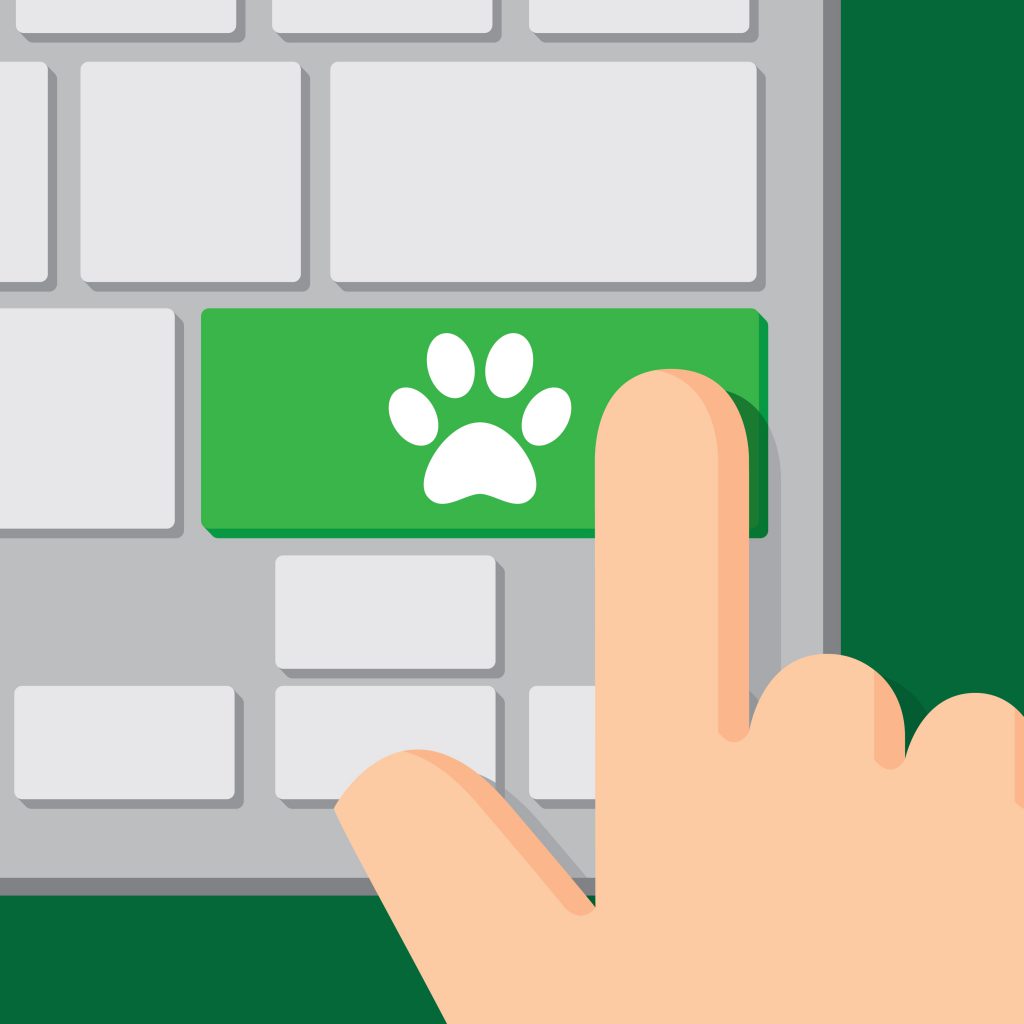Beware of Puppy Scams
Scams did not slow down even in the midst of the COVID-19 pandemic. In particular, online scammers used this time to trick unsuspecting dog-lovers into paying money for a puppy using fraudulent puppy for sale ads. Puppy scams have rapidly increased when compared to last year with Australians losing around $300,000 in the first half of 2020 alone.

Scammers have taken advantage of people staying at home. They have set up ads or fake websites to look like legitimate sellers. The scammers use social media in hope that someone will be reeled in by adorable sought-after dog breeds. Once someone falls victim, the scammer will ask for up-front payments using money transfer. Though the use of money transfer is known by the general public as common tool scammers use, the so-called sellers use the excuse that they cannot directly meet due to the current stay-at-home protocols.
“Once you have paid the initial deposit, the scammer will find new ways to ask for more money,” said ACCC Deputy Chair Delia Rickard. “[Scammers] are now using the COVID-19 pandemic to claim higher transportation costs to get across closed interstate borders or additional fees for ‘Coronavirus treatments.'” However, after the money is transferred, the victim will no longer have any communication with the scammer. The scammers will disappear and remain uncontactable, and of course the fictional (but promised) puppy never arrives.
To avoid getting scammed from buying a pet online, keep these best practices in mind:
- Adopt or buy a puppy that you can collect or pay in person. Hold Hold off on paying for anything online. Wait until you can travel again or border restrictions are lifted and get the advertised pet in person. It means waiting before you can be connected to your new pooch pal, but you don’t have to worry about getting scammed through online bank transfers. This approach may also scare off would-be scammers.
- Research the seller’s legitimacy. Before buying that adorable pet you found online, make sure that a real person is putting the pet up for adoption or sale.
- Seek advice from reputable breeders. If you’re still doubtful about the seller’s legitimacy, you can ask a breeder’s association, veterinarian, or local pet shop. These people may be able to give you some insight or better leads for breeders.
- Do not click suspicious links that lead to websites. Various ads and phishing emails might pique your interest, but it’s essential to be extra cautious clicking in any of these links, especially ones that seem too good to be true.
- Get security software. Scammers might get access to your emails and spread suspicious links through ads in various social media networks. Avoid falling to their scams by installing security software like Trend Micro Maximum Security for comprehensive protection against malware, adware, and other viruses.
If you, or anyone you know, have been scammed, contact your banks as soon as you can, and send your reports here.




